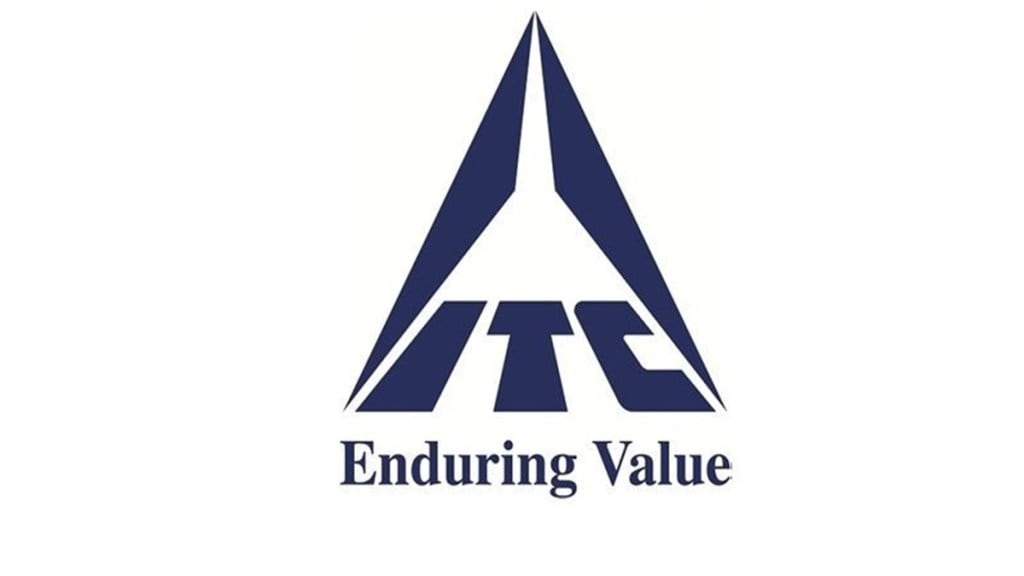Diversified conglomerates ITC, one of the largest private procurers and processors of agricultural commodities in the country, purchases around 3 million tonne of grains, pulses, oilseeds and other commodities from farmers annually. S Sivakumar, group head, agriculture, IT, sustainability and social investment, ITC spoke to FE’s Sandip Das on the steps needed to be taken to boost farmers; income, including creation of exclusive export clusters for farm goods and expanding support to more farmers producers organisations in the forthcoming budget.
Q: What are your key expectations from the union budget for the agriculture sector?
There are several thrust areas the budget must focus to boost farmers’ income as well as boosting the economy as a whole. Besides expanding support to farmers’ collective like farmers producers organisations (FPOs), there is a need to build a climate resilient agriculture production system because of increase in frequency in extreme weather events leading to supply side disruptions. There is a need to boost small farmers’ income by making exports of high value crops remunerative. The major challenge is to boost agri-exports without compromising on domestic food security.
Q: What are the steps needed to strengthen support to FPOs?
The FPO structure has worked well. Farmers’ collectives should be encouraged to set up 20,000 FPOs. We also have a component where farmers collectives are formed by value chain players like us. Within FPOs, we have suggested setting up new accelerated funds for those FPOs who have progressed well. This scheme of the agriculture ministry was setting up an incubation while those who have done well need support for scaling up to the next stage much like other startups. The funds can be utilised for many infrastructure investments – material handling, post -harvest processing depending on FPOs. FPOs should not be seen differently compared to aggregation of farmers, whatever policy applicable to individual farmers should be applicable to FPOs. For example, cost of interest on their working capital for farmers’ collectives pay an annual interest rate of 11-12% now interest subvention scheme available to farmers institutional credits should be extended to FPOs also.
Q: What would be your inputs for promoting climate resilient agriculture
On the need for climate resilient agriculture, there is a lot of interesting work being conducted at the macro level in the field of weather forecasting, introduction of climate resilient seeds, new agronomy practices etc which needs to be taken in large scale to the farmers. For this, there is a need to create digital public infrastructure in addition to the existing agri-stack initiative of the agriculture ministry which would have farmers registry, crop registry etc) which is the foundation layer. We suggest two more layers – climate and agronomy stacks where the forecast done by India Meteorological Departmental can be digitised and made available to the public and lots of research and innovative works done by public institutions public, universities made into digitized form. This would allow host of players access these infrastructure and transform agriculture as done in the financial services through unified payment interface (UPI). Then value chain players like ITC, farmers’ collectives or not for profit organisations and others to create farmers centric customised services riding on three layers of digital infrastructure.
Q: On the export promotion through cluster formation for boosting farmers income
Our suggestion would be as the services sector has expanded in the information technology sector, create export corridors supported by crop value chain clusters and those zones really alternative supply chain. Create high export potential areas where long term contracts came into entered like in the case of the IT sector where global partners with domestic players. Export corridor on the specific crop value chain clusters where global players, FPOs and farmers can partner to support these corridors which are excluded from all the food security related controls. Where stock holding limits measures announced by the government are not applicable. Combination of few districts and blocks which would focus on exports oriented products and create back end value chains like productivity enhancement, value addition, processing infrastructure have to come up.

